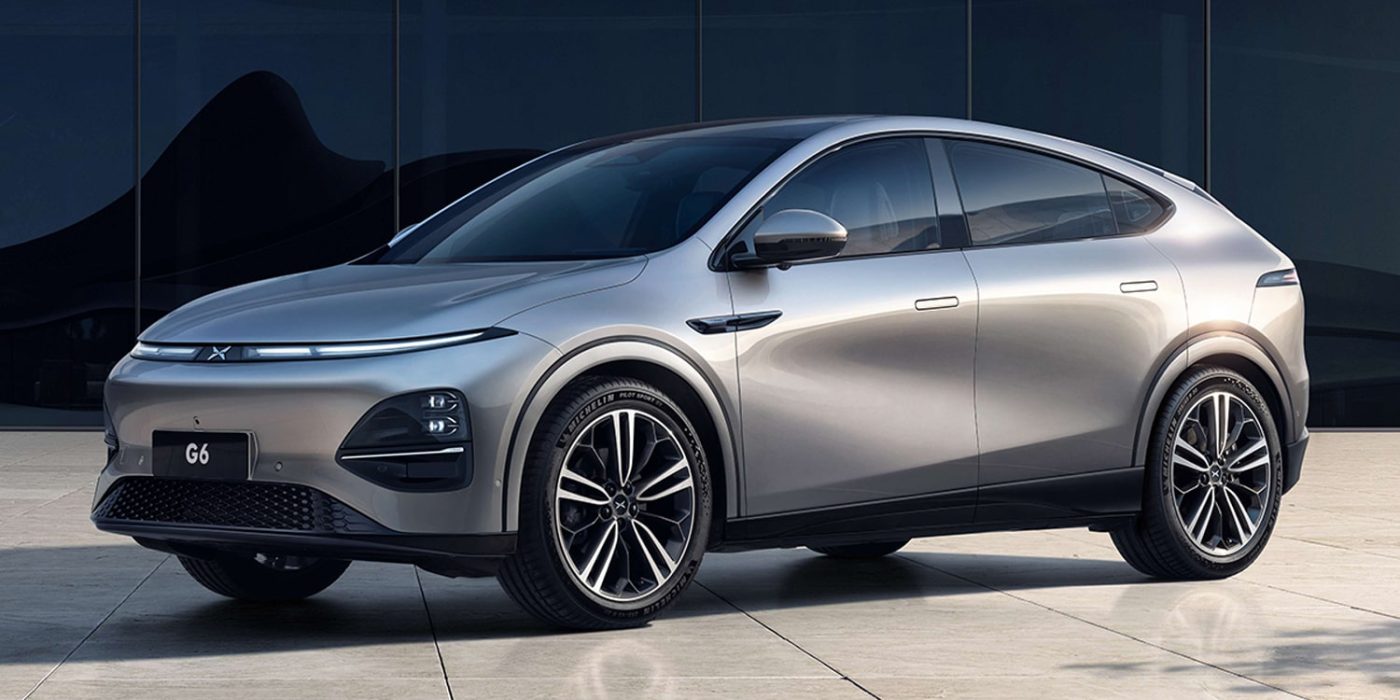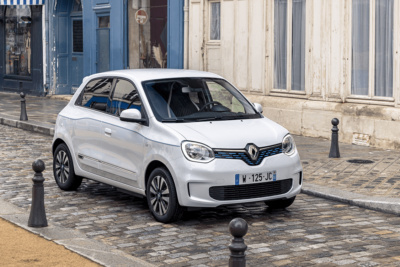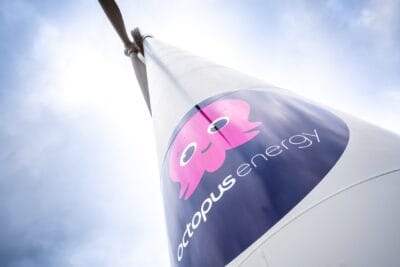China to extend NEV purchase tax excemption
In an effort to boost car consumption in new energy vehicles (BEVs, FCEVs and PHEVs), China’s government plans to extend the NEV purchase tax exemption for at least four more years.
The purchase tax exemption was already extended in September 2022 to cover NEV purchases in 2023. This is currently the only incentive available for NEVs in China after the previously granted purchase incentives were not renewed for this year.
Thie extension of the purchase tax exception and other measures for China’s NEV industry was decided upon in a State Council executive meeting held on June 2 “to study policy measures to promote the high-quality development of the new energy vehicle industry,” according to the official Chinese government website today.
The Chinese government has not officially revealed further details of the amount and duration of the tax exemption, but Bloomburg reports that China is considering extending the exemption for another four years.
According to data from the China Association of Automobile Manufacturers (CAAM) in February this year, the removal of the government subsidy as a purchase premium for NEVs had a significant impact on electric vehicle sales in China. This NEV purchase premium has been repeatedly reduced, which has had significant consequences in demand – for instance, in mid-2019. The purchase subsidy was to expire at the end of 2020, but was extended until the end of 2022 as part of the Chinese government’s Corona stimulus package.
Although the Chines government maintains that the NEV market is “booming”, the government also said, “car consumption confidence still needs to be boosted, car consumption potential is still to be released.” As a result of the State Council meeting, it was decided that the government should “continue and optimise the new energy vehicle purchase tax exemption policy, build a high-quality charging infrastructure system, further stabilise market expectations, optimise the consumption environment, and greater release of new energy vehicle consumption potential.”
The Chinese government aims to “consolidate and expand the advantages of the development of new energy vehicles”. This should involve optimising the industrial layout and strengthening key core technologies such as battery systems, new chassis architecture, and intelligent driving systems.
“Technological innovation is the core competitiveness of development,” says Cui Dongshu, secretary-general of the National Passenger Vehicle Market Information Joint Committee. Focus is also to be placed on the further construction of charging infrastructure and the research and development of micro electric vehicles.
The Chinese government further aims to “coordinate the development and utilisation of domestic and international resources” and improve its battery recycling system. Policies and guidelines for China’s battery reuse and recycling industries were last updated in late 2021 and early 2022. China aims to build an integrated development of “vehicle energy, road and cloud”.
The government says the extended NEV purchase tax exemption policy will promote new energy vehicle consumption potential but should also “promote the sustainable and steady growth of the new energy vehicle industry”.
The NEV purchase tax exceptions initiated in 2014 have been consistently extended, saving those purchasing a NEV about 10,000 yuan or the equivalent of 1,450 euros compared to a similarly priced combustion model. Not every NEV model is automatically exempt from the purchase tax: The models concerned must be listed in the regularly updated catalogue published by the Ministry of Industry and Information Technology (MIIT) and the State Administration of Taxation.
bloomberg.com (paywall), arenaev.com, cnevpost.com, gov.cn (in Chinese)





0 Comments